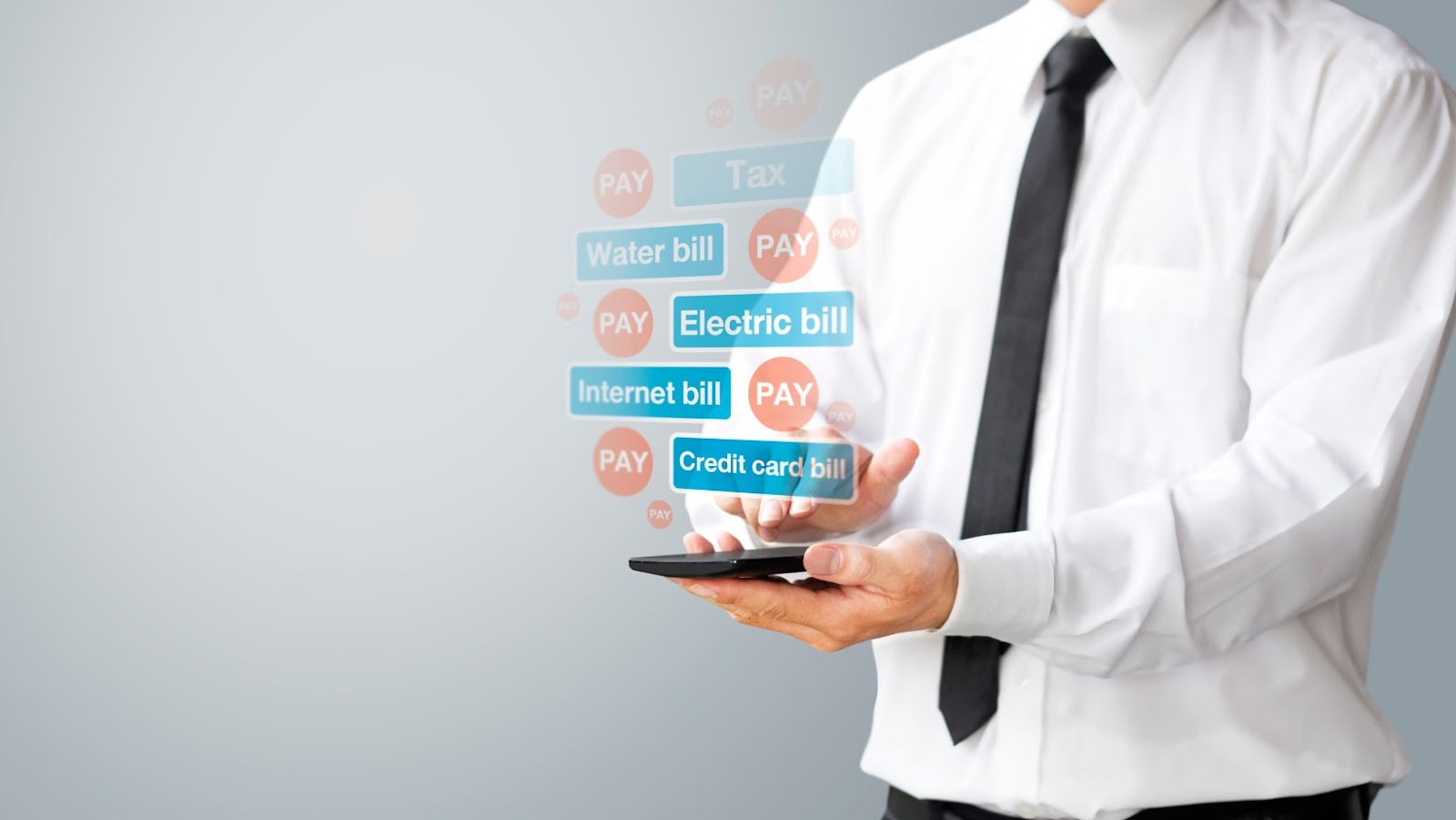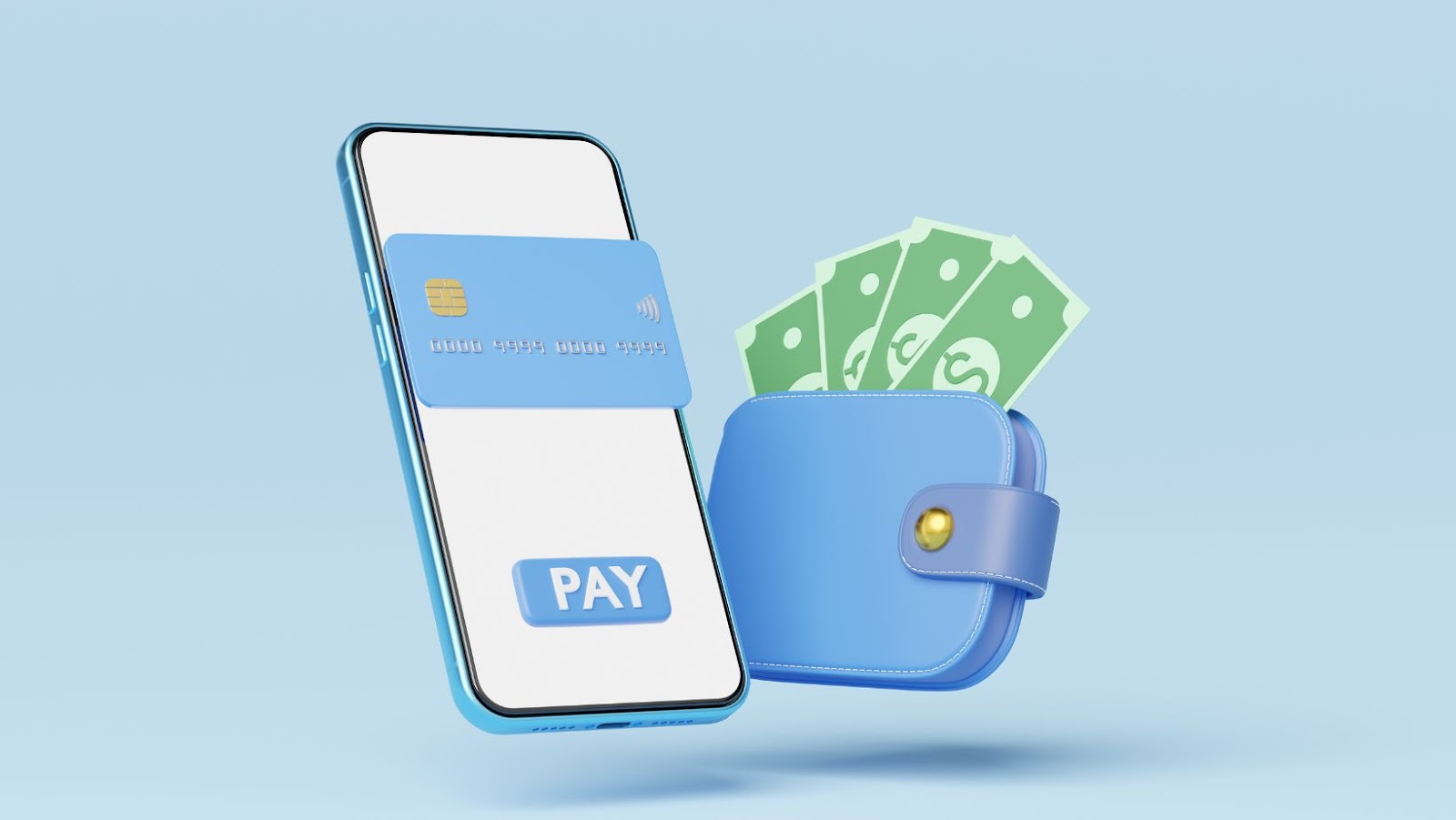Block Faces Consumer Protection Probes Over Cash App
Understanding your rights when using Block is important to stay protected from scams. You have the right to know that your services are secure and that your data is being handled safely. Consumers should also be aware of the protection they have should they fall victim to any form of fraud or theft.
In this article, we’ll go over the necessary steps to stay protected while using Block and how to protect yourself in the event you become a victim of a scam:
Understand the Fair Credit Billing Act
Protecting yourself from scams is essential when using Block. One of the best ways to do this is by utilising the Fair Credit Billing Act (FCBA). The FCBA grants consumers certain rights regarding their credit and account statements, including the ability to dispute charges if they appear fraudulent.
When a consumer notices a suspicious or unrecognised charge on their statement, they have up to 60 days after receiving the statement to dispute it by notifying their credit card issuer or bank in writing. When submitting this notice, it’s important to include as much information as possible about why you believe the charge is questionable and any supporting evidence you can provide.
Your credit card issuer may investigate the claim and allowable refunds for successful claims can vary depending on whether you are disputing an incorrect bill entry or unauthorised transactions. Your financial institution must respond within two billing cycles following your notice of dispute and inform you of the results of its investigation in writing.
Importantly, while they investigate, cardholders have a right to withhold payment repeatedly identified by name as questionable either until their institution decides on further action or any resolution reached is satisfactory to them. Both parties must be notified promptly if payment has been withheld or disputed in these cases.
To protect yourself further from being scammed while using Block, consumers should thoroughly evaluate all account activity each month. After scrutinising individual lines for accuracy and questioning anything that appears suspicious, regularly evaluating your statement will help keep your accounts secure and assure that all charges are valid and legitimate.
Research your state’s consumer protection laws
It is important to be informed about the consumer protection laws of your state as these laws can vary from one state to another. Knowing about the consumer protection laws in your state can help you protect yourself from scam or fraudulent activities in a timely fashion.
In general, most states provide consumers with certain rights when it comes to making purchases through Block and they may include:
- The right to return faulty or damaged goods;
- The right to cancel purchases within a certain period; and
- The right to receive compensation for losses suffered due to unfair trading practices.
You must read and understand the consumer protection laws of your state so as not to be exposed to scams or other fraudulent activities when you purchase Block. Additionally, you should research any merchant before making a purchase, such as by reading customer evaluations, checking any terms and conditions, or even contacting the seller directly via their website or customer service number if available.
Research the Company
When using Block or any other similar platform, it is essential to take the time to research the company before you decide to conduct any transactions. Whether you are dealing with a cryptocurrency exchange or a stock trading platform, ensure the company is legitimate and has good consumer protection policies.

Be wary of companies that do not provide enough information about their service or do not have customer support. Additionally, read user evaluations to determine if the platform is trustworthy and secure.
Check the company’s website and social media accounts
It is important to find out as much as possible about the company before using their services. Start with their website as this should provide all the information you need, from a full list of services and products offered, to contact details and useful case studies. Social media channels for the company such as Facebook or Twitter can also be a great source of information. It’s best to take any negative evaluations with a pinch of salt but cautiously consider any positive comments posted. By researching, you can protect yourself from any possible scams or misunderstandings.
You could also take the additional step of contacting existing customers by asking for a few references. Of course, many companies provide customer evaluations on their website. Still, if not, it’s possible to request them through an email or telephone call directly to the company itself – just make sure you feel secure in sharing your personal information with them. Companies that receive consistently glowing evaluations may be more likely to give you an honest impression and increase your confidence in their product or service range before embarking on your business relationship with them.
Read customer evaluations and complaints
When researching a company, it is important to read customer evaluations and complaints. Check out the various customer ratings sites, like Glassdoor and the Better Business Bureau, for evaluations about the company. Additionally, search for any news articles or other relevant sites for information about the company’s past practices and reputation.
It is also important to consider
- how long the company has been in business
- what type of customer support they provide
- if they are listed as a member of an industry organisation
- if they have any awards or recognition given to them by third parties
All of these factors will help you determine if a business is trustworthy.

Additionally, read through any policies regarding privacy and data protection before signing up with any service or entering into an agreement with a vendor or service provider. Scams often happen if customers are not educated on their rights when using services online – research everything carefully before agreeing to do business with anyone!
Use Strong Passwords
While using Block to purchase goods or services online, it is important to protect yourself from scams. One of the most important ways to do this is to use strong passwords. A strong password that is not easy to guess is a great way to ensure security.
Strong passwords include:
- At least 8 characters
- A combination of numbers, symbols, and upper-case / lower-case letters
- Are changed regularly
Use a combination of letters, numbers, and symbols
When creating a password, it is important to use a combination of letters, numbers, and symbols. For example, you might use “b#l9K73?” as a strong password. This type of password is considered more secure than one made up of only letters or numbers because it is harder to guess.
To further increase the security of your passwords, use:
- different passwords for each online account or block that you have access to
- passwords that are at least 8 characters long
It’s also important to remember that you should never share your passwords with anyone else and keep them safe, especially when using public networks such as Wi-Fi hotspots. Two-factor authentication can also provide added security if the block app supports it. Furthermore, it is recommended that all users should regularly change their passwords to minimise the risk of a security breach or scam.
Change your passwords regularly
To ensure the best protection from malicious technology, it is important to regularly update the passwords used to access digital accounts. Unfortunately, study after study reveals that many people do not do this, leaving their accounts more vulnerable to attacks. Without frequently changing passwords, using strong passwords provides less protection for accounts.
Strong passwords are composed of at least 10 characters, a mix of upper- and lowercase letters, numbers, and symbol characters. It should also be distinct from other passwords used by the user. For example: G3tM0n3yF@st!. Creating different passphrases or combining multiple words to create a unique phrase can help make it easier to remember while maintaining its robustness.
It is recommended that users should reset their passwords periodically, either every 30 days or when they feel that an account may have been breached. This will protect your data against any exploiters who may have gained access to a user’s password through technical means (such as phishing). Additionally, setting up automatic prompts for users on password expiration could be beneficial for regular changes and would alert them if another person were trying to access the account without incident approval from the primary user.
Monitor Your Accounts
Monitoring your accounts is the best way to protect yourself from scams when using the Block app. Regularly checking your accounts for unusual activity and evaluating your transaction history can minimise your chances of becoming a scam victim. In addition, make sure you understand the terms of the service, are aware of all applicable fees, and keep your device secure. You can also take advantage of consumer protection laws to help protect your funds.
Check your accounts regularly for suspicious activity
Protecting yourself from scams is of utmost importance when using Block or any cryptocurrency. Regularly checking your accounts can help uncover unusual activity, like if someone fraudulently accessed your account and started making unexpected transactions. In addition, checking in on your accounts regularly will help you track where your money is going and alert you when something doesn’t seem right.
You should also evaluating notifications from Block regularly to verify that all transactions are legitimate. Being aware of any suspicious activity is important when using Block, as it’s unlikely that you’ll be able to recover any funds sent to someone accidentally or via scam tactics.
It’s also important to remember that Block offers additional protections such as two-factor authentication (2FA) and multi-signature addresses which can protect you against fraudulent access and malicious intent. Utilising these services can give you the extra peace of mind knowing that only authorised users can access your account, allowing you to audit trails for further protection down the line if needed.
Finally staying up-to-date with the latest cryptocurrency news will help inform how best to protect your holdings in Block even further.
Set up account alerts to notify you of any suspicious activity
Account alerts are messages sent to you via email or text message whenever certain activities occur in your account. Depending on your institution, you may be able to set up a wide range of alerts, including notifications when large payments are made, when charges are made online, or when sums of money are withdrawn. These account alerts can help identify fraud and provide another layer of security.
To ensure that all suspicious activity is detected, create specific thresholds for each alert you enable. For example, setting an alert for online purchases above $50 allows you to detect unauthorised online purchases while enabling you to use your account as usual. Making sure your institution offers the right type of alert options will give you more control over the security of your accounts and make it easier for you to stay ahead of any potential scams.
Additionally, some institutions allow notifications when logins from unrecognised devices occur to protect against account hijacking.

To adequately monitor activity in your accounts with alerts enabled, you must maintain open communication with your financial institution; make sure they can reach out when suspicious activity occurs so that fraudulent activity can be stopped quickly and effectively. Being proactive about monitoring is an important step toward protecting yourself against fraudsters seeking access to private information stored in these accounts.
Report Suspicious Activity
As with any online transaction, users of Block must be aware of potential scams and take steps to protect themselves. You can avoid being a victim of online scams by taking proactive measures, such as reporting suspicious activity, blocking unknown requests, and checking evaluations of people and businesses you interact with.
In this article, we will explore some of the steps you can take to protect yourself while using Block:
- Report suspicious activity.
- Block unknown requests.
- Check evaluations of people and businesses you interact with.
Report any suspicious activity to the company
If you believe you may have identified a potential scam, report it to the company you use or believe is associated with the suspicious activity. They need to take appropriate steps as soon as possible.
When reporting suspicious activity, it can be helpful to include as many details as possible. Including details such as:
- where the activity took place (location, website name, etc.),
- when it happened,
- who was involved, and
- what type of communication was exchanged (e.g., in-app chat, email communications).
Gather all the available information and report this promptly to the company’s customer service centre or security team. You should also consider documenting and saving any records or evidence (screenshots) of suspicious activities in case they must be presented to authorities later.
Providing all this information will help companies investigate and resolve any issues as quickly and efficiently as possible – ensuring that you are kept safe when using their services.
File a complaint with the FTC or your state’s Attorney General’s office
If you believe someone is attempting to scam you on Block, it is important to take immediate action. The best way to proceed is to file a complaint with the Federal Trade Commission (FTC) and your state’s Attorney General’s office. You should include in your report any information that you feel could be useful in helping the authorities investigate or prosecute the scammer.
The FTC can help you recover your losses and stop scammers from further victimising consumers by providing educational resources and individualised assistance as needed. Additionally, state Attorney General’s offices can also assist, including bringing civil and/or criminal charges against perpetrators of frauds or scams.
It is important to remember that filing a complaint does not guarantee you will get your money back; however, taking the proper legal steps can increase the chances of recovering losses and may provide additional protection for other members of the Block community from similar scams in the future. When making a complaint, make sure to include:
- Your name, address, phone number(s)
- The name of any business associated with the alleged scammer
- Details about what has happened so far (include dates when appropriate)
- The name of anyone else who has been involved in the transaction or who might be able to provide additional information
- Information on how much money was lost (if any), if it was wired or check payment sent by mail
- Details about how you came across the transaction (ads, referrals etc.)


More Stories
VR Technology in Live Dealer Games Could Enhance Social Interaction and Player Experience
Finest Tips To Make Your Bankroll Last Longer When Playing Online Slots
How Do Pogo Pin Connectors Compare to Other Connector Types?